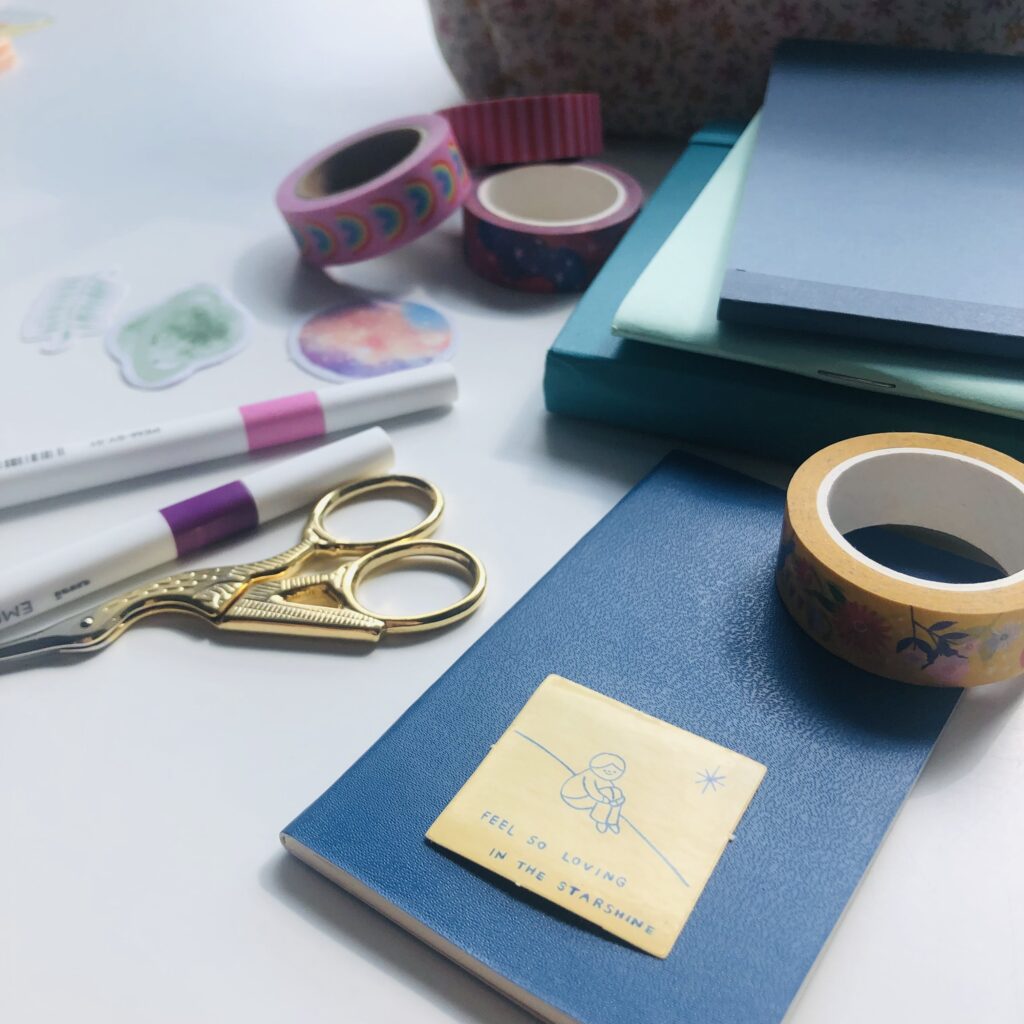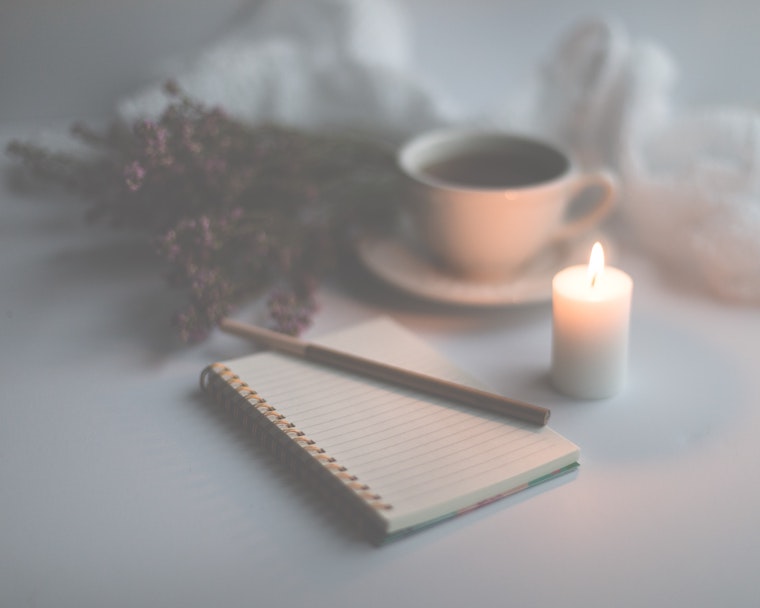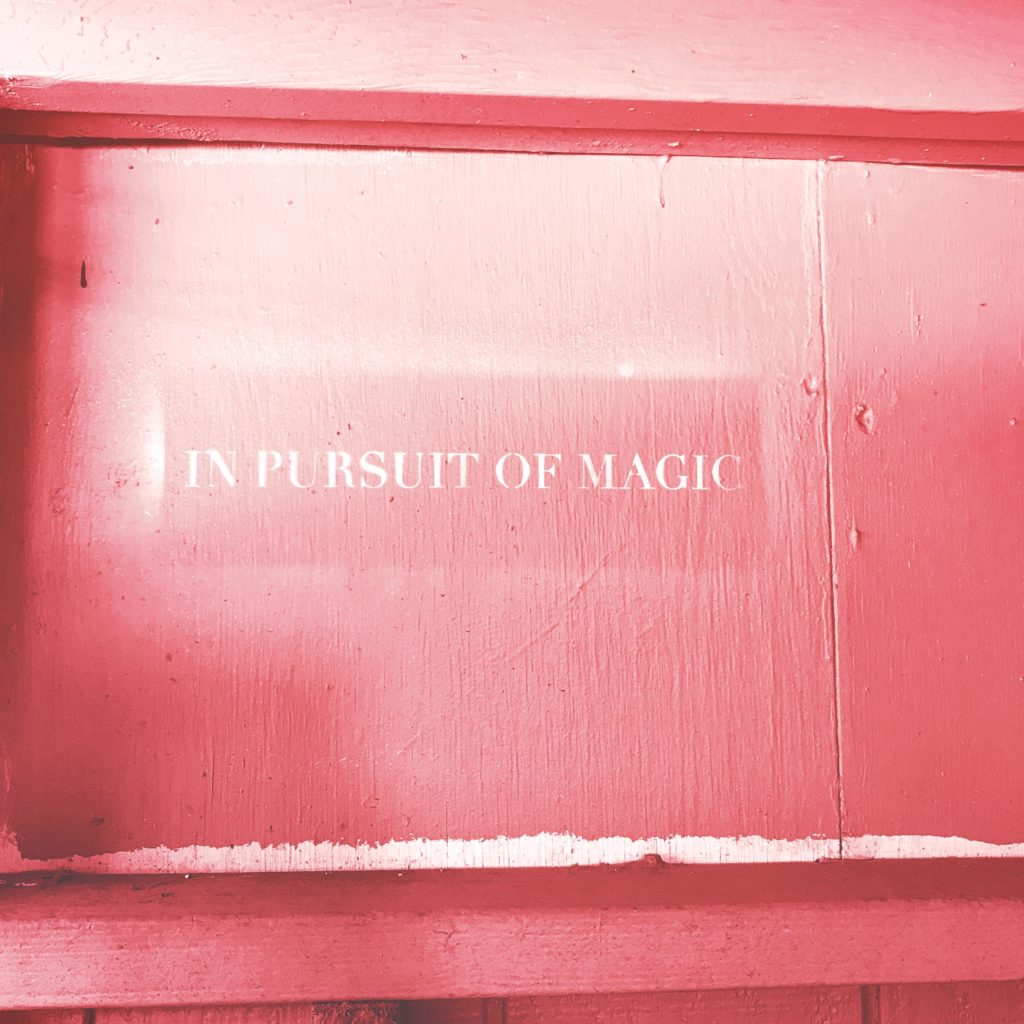
When we write, many things can happen. Often (and this is the beauty of writing) we end up somewhere entirely different than we thought we would. We start writing a story; we get a poem. We begin a journal entry about our annoying neighbour; we end up getting an insight about our childhood. Seriously, anything can happen on the page. It’s part of the fun.
Yet so often there is this… pull in our writing, a current moving just below the surface, drawing us towards a focus on the tough stuff. I have found this to be true personally and in my research and teaching practice. I hasten to add that there is absolutely nothing wrong with this—just as long as it is serving us. Sometimes the page is the only place we have to put tough stuff, in which case it is essential. Nevertheless, I am a lifelong advocate for one simple truth: the page is also a place for joy. And, for many reasons, joy on the page doesn’t often happen by accident.
In my experience, we must invite joy along when it comes to writing.
Reflective writing, for me, is a tonic. It is one of the greatest tools for self-development we have at our easy disposal. Yet the thing about reflection is that it is sometimes tricky; it can be heavy. Plus, it’s a learned skill. At different times of our lives, and in different areas of our lives, we may find it easier or more difficult to reflect.
We can also get blocked when we write reflectively. We may find we ‘don’t know what to say’ or that what we do say comes out wooden; it doesn’t feel true.
Enter a new, fun writing tool that’s both guided by our life-affirming emotions and easy: joywriting.
I’ve conjured this addition to the Positive Journal toolkit to celebrate all the ways in which writing doesn’t have to be particularly thoughtful or reflective, or even make any sense at all, to be a nourishing practice.
I’ve also coined this term to incorporate two traditions within writing for wellbeing: freewriting and ecstatic writing (a quick Google will tell you all you need to know about either). Joywriting takes the best bits of both of these writing traditions and combines them in a new way of meeting ourselves on the page that stays true to the art and science of what I call Positive Journal® writing.
Try it:
Spend 10 minutes today writing purely for joy, without attention to grammar, spelling, productivity, or any particular project. What happens?
This is a writing revolution, friends.
M x

